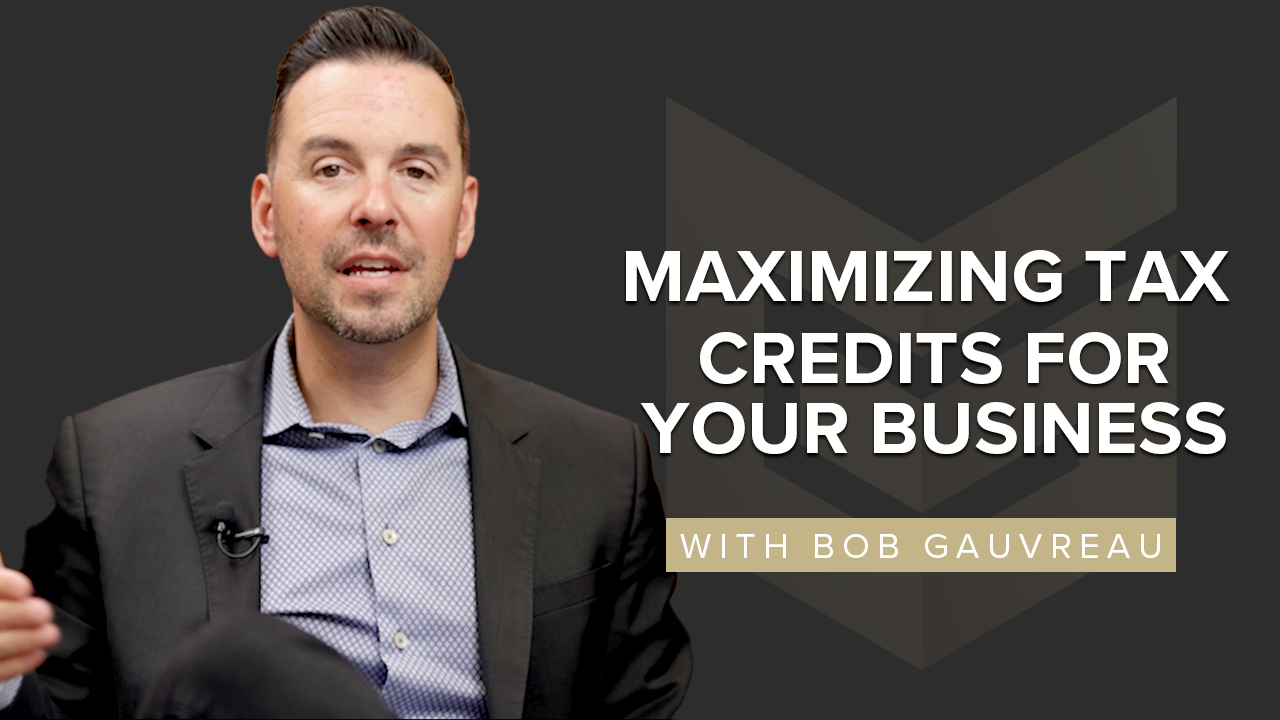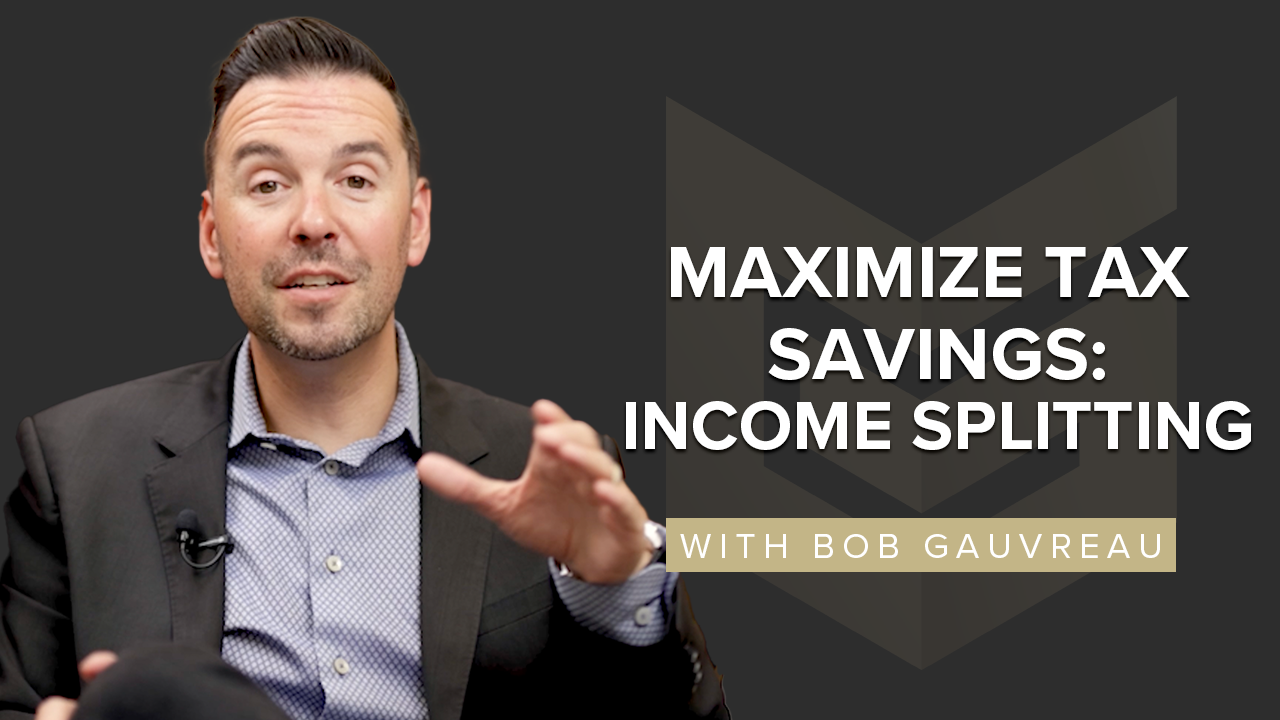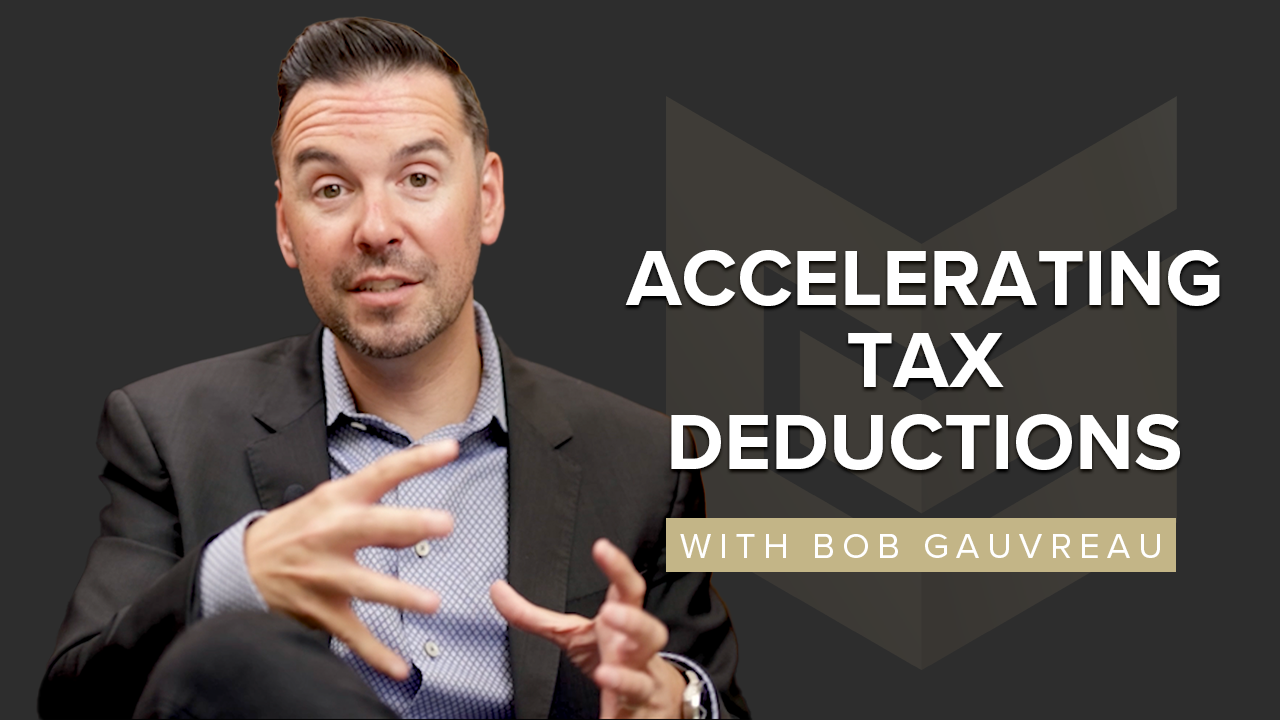1 min read
Maximizing Tax Credits for Your Business: Proven Strategies for Optimal Savings
Let's delve into the world of tax credits within your business and how you can fully leverage them to minimize your tax burden legally. One...
2 min read
 Gauvreau Accounting Tax Law Advisory
Jul 20, 2023
Gauvreau Accounting Tax Law Advisory
Jul 20, 2023
Let's talk about compensation opportunities for business owners within a corporation. As a business owner, you have two options: you can take a salary or a dividend.
A salary is essentially compensation for an employee, such as wages, an hourly rate, or a bonus, and it is considered employment income. On the other hand, as an owner, you can receive compensation from the distribution of earnings from the company, which comes in the form of dividends. The main difference between the two lies in their taxation. Employment income or T4 income is taxed at a higher rate compared to dividend income. Additionally, employment income may be subject to withholding tax, Canada Pension Plan contributions, and potentially employment insurance, if applicable.
For example, as an employer, I pay half of my employees' Canada Pension Plan contributions, which costs me about $3,000 per employee annually. Consequently, the employee also contributes about $3,000 annually to the Canada Pension Plan, resulting in a total of approximately $6,000 per year.
In contrast, dividends are not subject to Canada Pension Plan contributions. So, by paying myself through dividends instead of a salary, I can avoid the $6,000 annual Canada Pension Plan contribution. However, one consideration is the Canada Pension Plan's future pension benefits, which are only available starting from age 67 or later, and future changes may further impact eligibility.
The question arises: Is it more beneficial to keep the $6,000 and invest it in a Tax-Free Savings Account (TFSA) every year, or would it be better to contribute it to the Canada Pension Plan? The answer depends on various factors, including your life expectancy and financial goals.
As a business owner, I prefer to save the $6,000 and put it into my TFSA. This way, I retain control over the money, allowing me to reinvest it in the business or allocate it as needed. By giving it to the government upfront, we relinquish control over how and when it will be administered in the future.
In terms of taxation, payroll wages are deductible inside the business. For example, if the business has $100,000 of income and I take a $50,000 salary, the $50,000 becomes a deduction inside the business, meaning the tax is calculated on $50,000. Conversely, if I pay myself $50,000 in dividends, there is no deduction, and the tax is calculated on the entire $100,000.
However, dividends offer a more favourable tax rate, typically around 12.2%, compared to the higher tax rate of 20 to 30% for employment income. By keeping dividends low (under $50,000), we can essentially avoid significant taxes. Additionally, avoiding Canada Pension Plan contributions further contributes to tax savings.
Ultimately, it is essential to understand your compensation needs and objectives. Implementing a proper compensation strategy, such as using dividends instead of a salary or payroll-related strategy, can result in significant tax savings for you and your family.
To ensure the best approach for your situation, consider consulting with your tax professional or our team, who would be happy to help you develop a suitable strategy.

1 min read
Let's delve into the world of tax credits within your business and how you can fully leverage them to minimize your tax burden legally. One...

2 min read
One of my favourite topics is income splitting and how it can significantly lower our income tax rates as individuals. Both Canada and the...

Let's talk about accelerating tax deductions. This is probably one of the most popular questions that I get asked: "Bob, what can I spend...